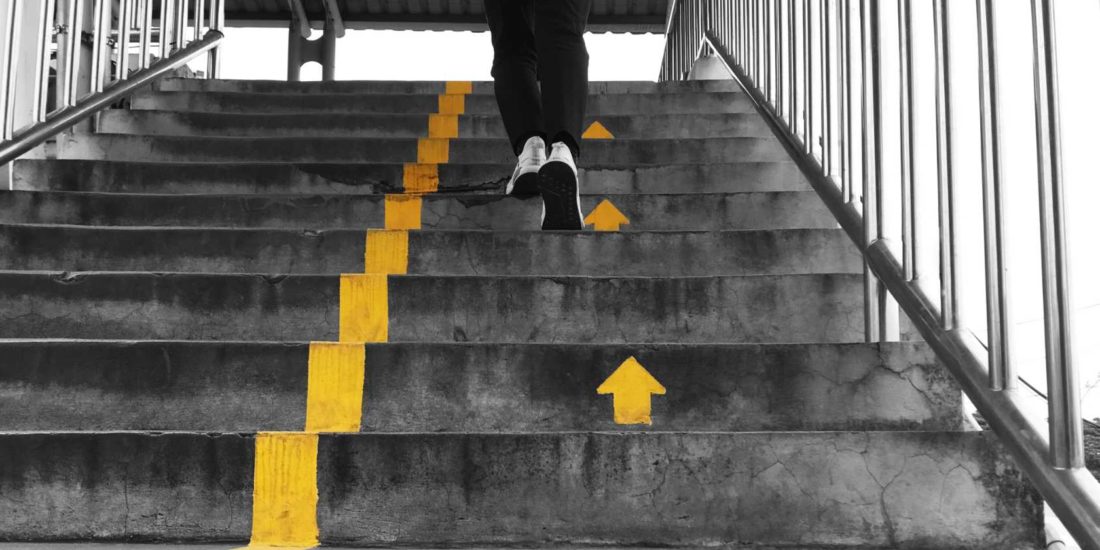
Living with COVID-19: A Young Lawyer’s Perspective
For legal practitioners in Singapore, 2020 will always be remembered as a momentous year where the Singapore courts had made online hearings possible in its response to the challenges brought about by COVID-19. However, 2020 would also be remembered as the year where the world gasped in horror as it witnessed how COVID-19 was able to sweep across the globe at an unprecedented speed, claiming the lives of many and forcing the closure of businesses around the world. At a time where most people and companies are still reeling from the effects of COVID-19, it is no surprise that the legal industry is also similarly affected. During this time where most companies are reducing headcount in order to survive the pandemic, junior lawyers may wonder whether the legal industry is similarly affected. In particular, has the advent of COVID-19 made it even more difficult for junior lawyers to learn the ropes of the trade? If so, how can a junior lawyer remain positive and competitive during this period of uncertainty? This article attempts to explore these issues.
Lawyering has always been associated with hard work, long hours, and with little to no work-life balance – some would even argue that work is, in fact, life. Therefore, it is not uncommon for a junior lawyer, who has just been called to the Bar, to spend about an average of 10 to 12 hours in the office daily ploughing through documents, conducting legal research, replying to e-mails and drafting documents. However, the reality is that in most cases, junior lawyers would find themselves spending most of their time trying to figure out what is going on and how to best finish a task competently without attracting the ire of their superiors.
Prior to COVID-19, junior lawyers could, in most instances, tap on the experience and knowledge of their senior colleagues, as well as rely on the abundance of legal resources available in their respective organisations. Additionally, and depending on the culture of the organisation, being seen to toll long hours in the office (especially over the weekend) could also be celebrated and be seen as an indication of one’s potential to succeed in this demanding profession. However, with the advent of COVID-19, traditional ways of lawyering have been thrown into disarray. It is, therefore, important to take a step backward and consider how COVID-19 has changed the status quo vis-à-vis the problems and challenges faced by young lawyers.
On 3 April 2020, the Prime Minister and the Multi-Ministry Taskforce on COVID-19 (the Taskforce) announced that an elevated set of safe distancing measures would be implemented in order to reduce movements and interactions in both public and private places. Accordingly, Singapore entered into a circuit breaker period, from 7 April 2020 to 1 June 2020, where all workplace activities – save for those providing essential services – were ordered to shut down.
In order to comply with the Taskforce’s implementation of the safe distancing measures, the Ministry of Law on 5 April 2020, published an advisory in respect of the elevated safe distancing measures for law practices. Essentially, and apart from the general exemption granted for the four categories of activities as set out in the said advisory, law firms were obliged to, inter alia, adopt video and audio conferencing tools to support their workers to work from home. In an instant, the “work from home” culture became the norm and swiftly enveloped law practices.
Since its implementation, working from home has given rise to a number of difficulties and challenges in the day-to-day work of a junior lawyer. For example, working from home could affect the quality of one’s work due to a fewer resources available at home. For junior lawyers who are deprived of such invaluable resources, this can be extremely detrimental since they are the ones who are almost always tasked to conduct legal researches – an important task which would have a bearing on how, for example, a case is to be subsequently pleaded. Additionally, working from home would also mean that access to guidance or mentorship from senior lawyers are also equally reduced.
Apart from work-related challenges, junior lawyers are also exposed to a higher level of mental stress in respect of job security. Being the most junior member of the profession, it is not surprising that junior lawyers are almost always the first to be placed on the chopping board whenever a reduction of headcount is necessary. Reasons such as “we don’t think you fit well in the team”, “we don’t think this is going anywhere”, or “we do not think that you are cut out for this”, are extremely common and continue to haunt those who are affected.
Despite the challenges and problems, COVID-19 has also taught us many important and valuable lessons. Perhaps one of the most obvious is that given the right technological tools and platform, working from home is entirely plausible and in fact, sustainable – arguably, this may even improve work-life balance in the long run which would eventually reduce the “hollowing out” of mid-tier lawyers. As such, how can junior lawyers take advantage of the current situation to ensure that they remain competitive?
As a start, while there is no doubt that the legal profession will emerge stronger and overcome the challenges brought about by COVID-19, junior lawyers could also ride with the tide by embracing the working from home arrangement with zeal. Arguably, there is no better time than now to demonstrate one’s enthusiasm and commitment to their work and craft. The argument runs that if one could prove themselves to be independent and resourceful to his or her team during a pandemic and economic downturn, then one would most likely continue to be indispensable to his or her team after COVID-19 has run its course. Importantly, and in the process of proving one’s worth to his or her team, it is imperative that junior lawyers should always bear in mind that mentorship and guidance are not a given and should never be expected. In fact, professional growth is in most cases directly attributed to the amount of hard work, time, and dedication that one invests. At a time where offices have moved online, there has never been a better time to take advantage of the situation and invest in one’s professional growth by registering for the various webinars offered by the Law Society1A list of the same can be found here: https://www.lawsociety.org.sg/cpd/law-society-events/.
Junior lawyers could also demonstrate their value to their superiors by taking ownership of all aspects of their work. This means that apart from getting the job (billable or nonbillable) done by the deadline and at the highest level of quality possible, junior lawyers should also not assume that they would be micromanaged and/or spoon-fed. Afterall, if one requires to be micromanaged and/or spoon-fed, then there is no logical reason why the firm should hire such a person in the first place.
Next, junior lawyers should also be open to undertake work which falls outside of their intended areas of practice. For example, one should not hesitate to take up a divorce matter even though his or her preferred area of practice is commercial litigation. As a junior lawyer, one should not be pigeonholed into a specific area of practice but should instead be nimble and remain open to pivot to where the opportunities are.
Last but not least, it is also important for junior lawyers to understand early in their careers that the day would eventually come where they would be expected to generate work for the firm and build their respective practices. Whilst most junior lawyers are not expected to bring in clients during the first few years of their careers, there is nothing to stop them from developing and expanding their digital footprint, which would consequently increase their visibility and reach when they are ready to build their own practices. For example, junior lawyers could contribute to their organisation’s marketing efforts by volunteering to write thought-provoking articles or engage with like-minded individuals through their professional LinkedIn accounts. Junior lawyers could also give back to society and generate goodwill for their organisations by volunteering their time with the Law Society Pro Bono Services.
At the end of the day, junior lawyers should always remember that they are never alone and should not hesitate to approach their seniors or superiors for assistance or advice. Although the advent of COVID-19 has resulted in various challenges and difficulties, junior lawyers should never underestimate the importance of the role that they play in their respective organisations. Undoubtedly, junior lawyers form an integral part of the profession and it is important that we remain resilient and competitive as we embrace and welcome the changes that COVID-19 has to offer.
Endnotes
| ↑1 | A list of the same can be found here: https://www.lawsociety.org.sg/cpd/law-society-events/ |
|---|





